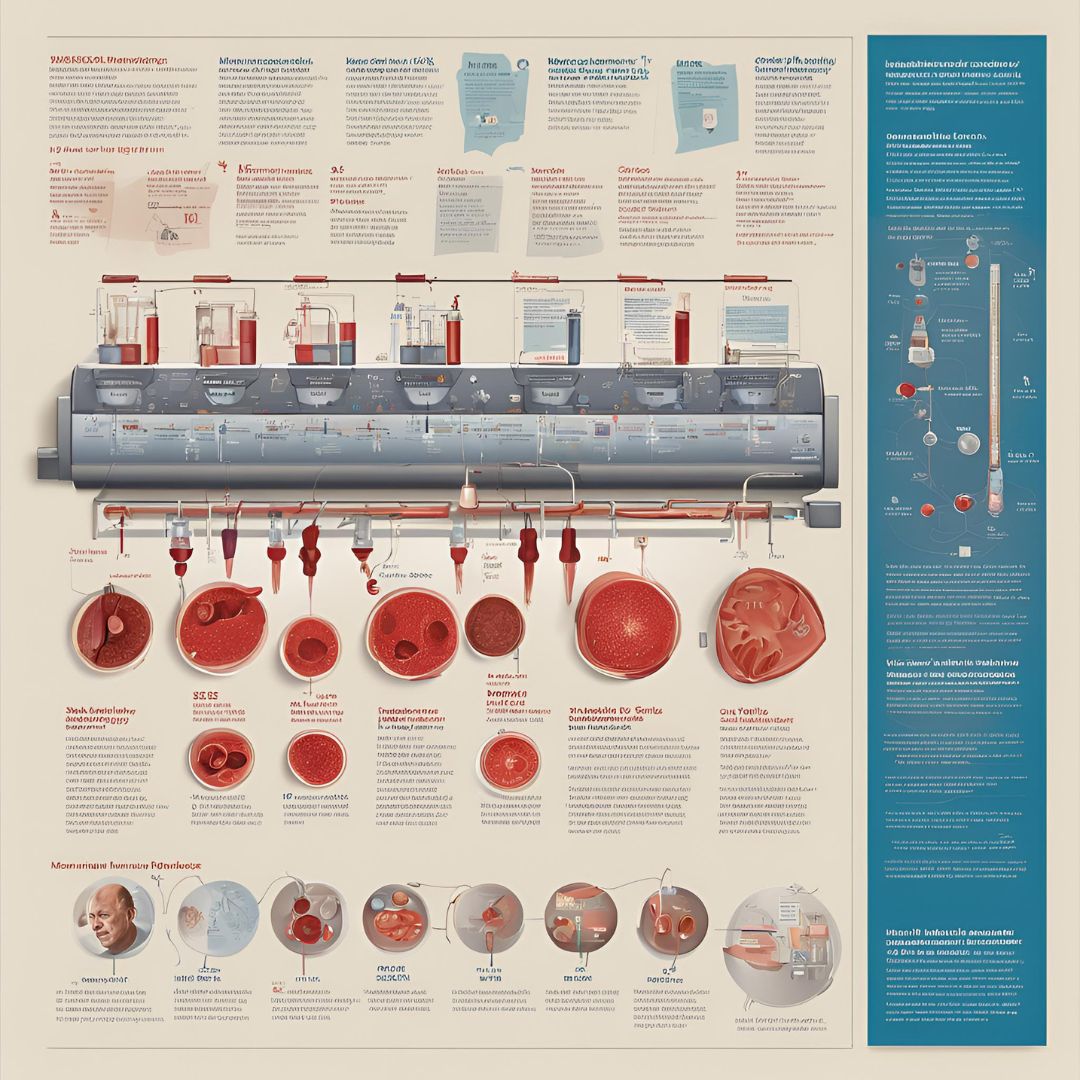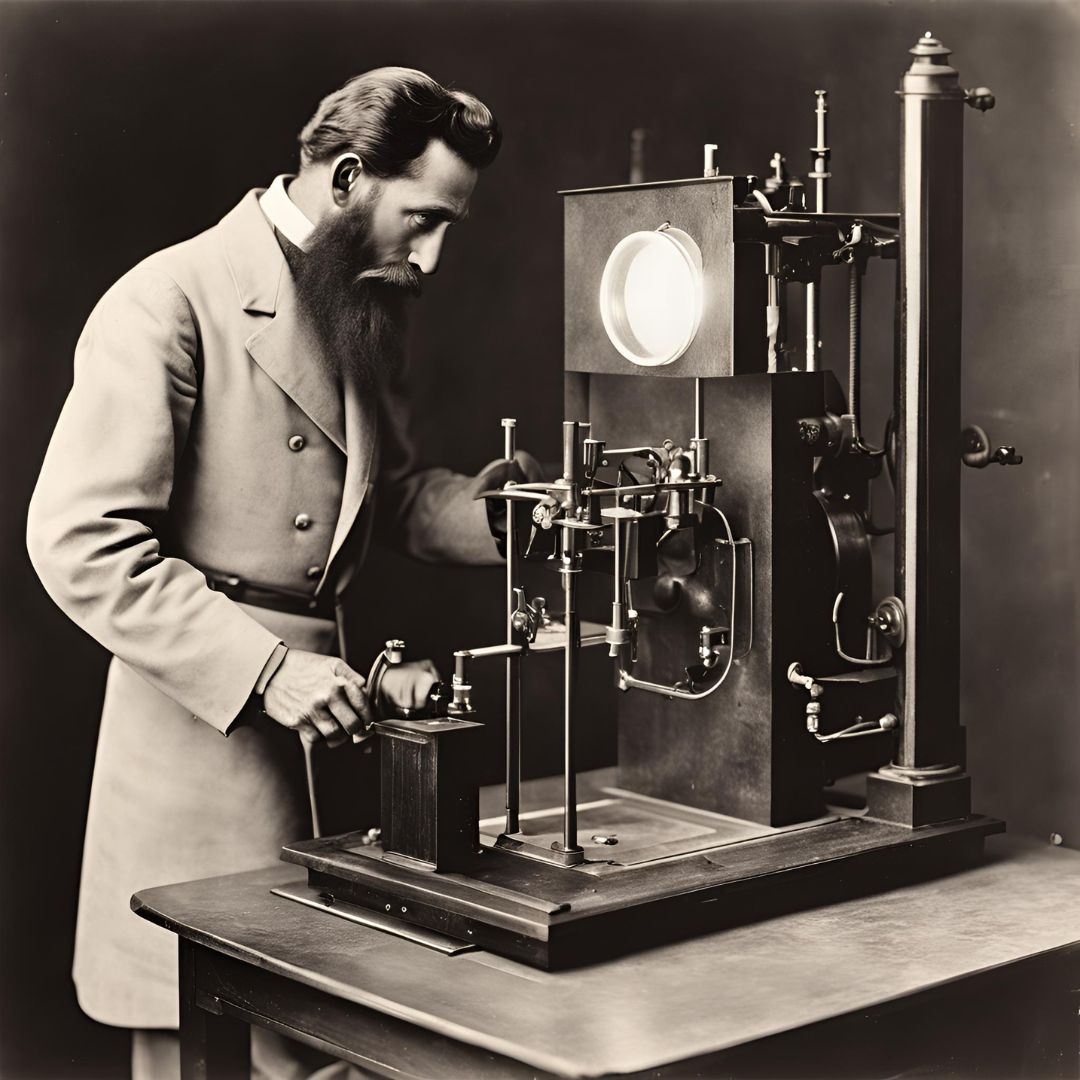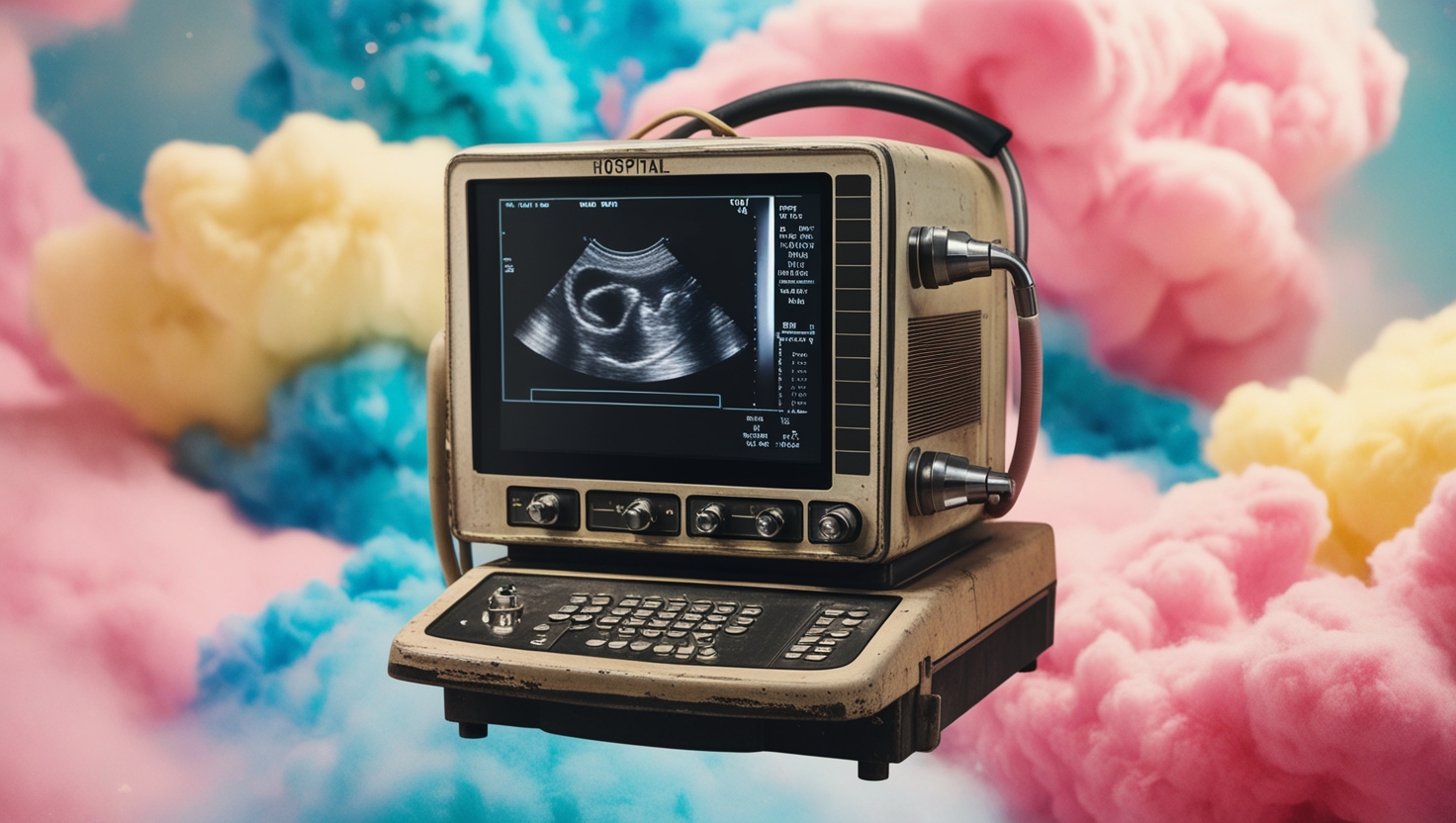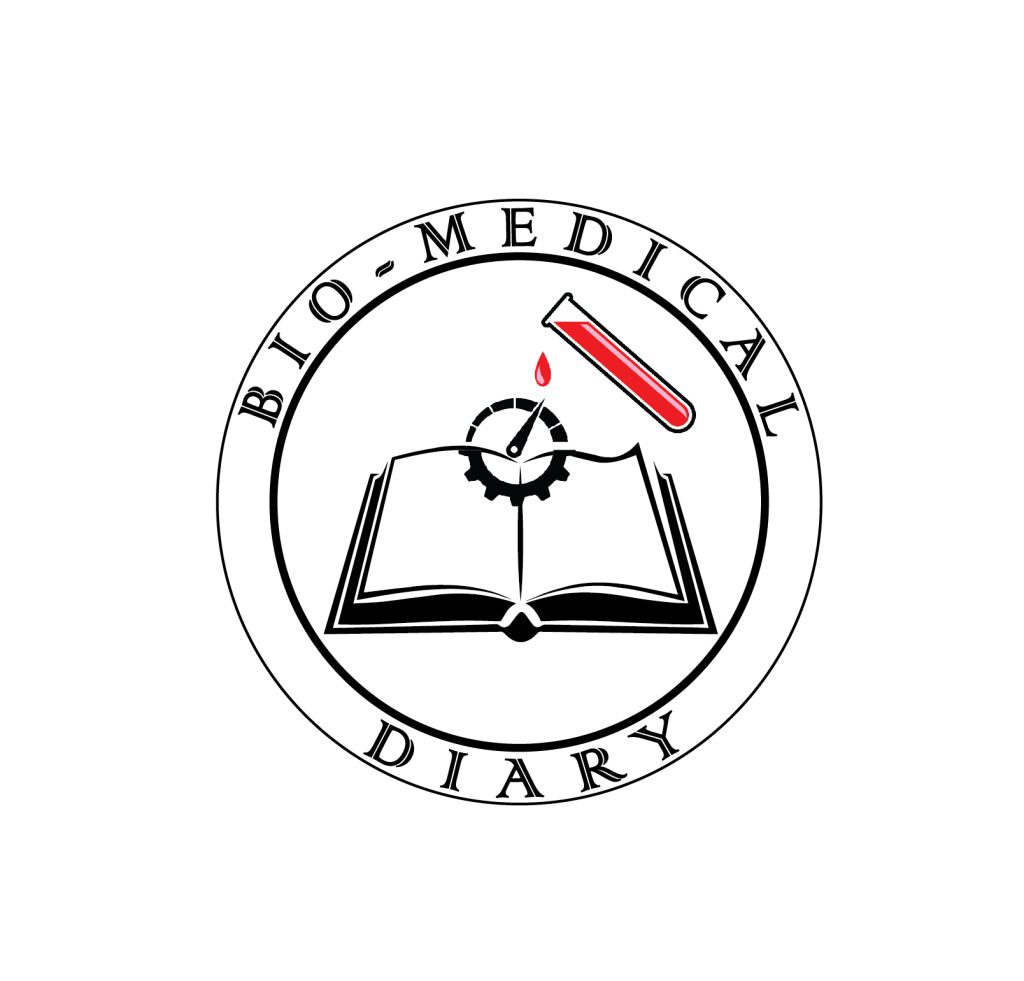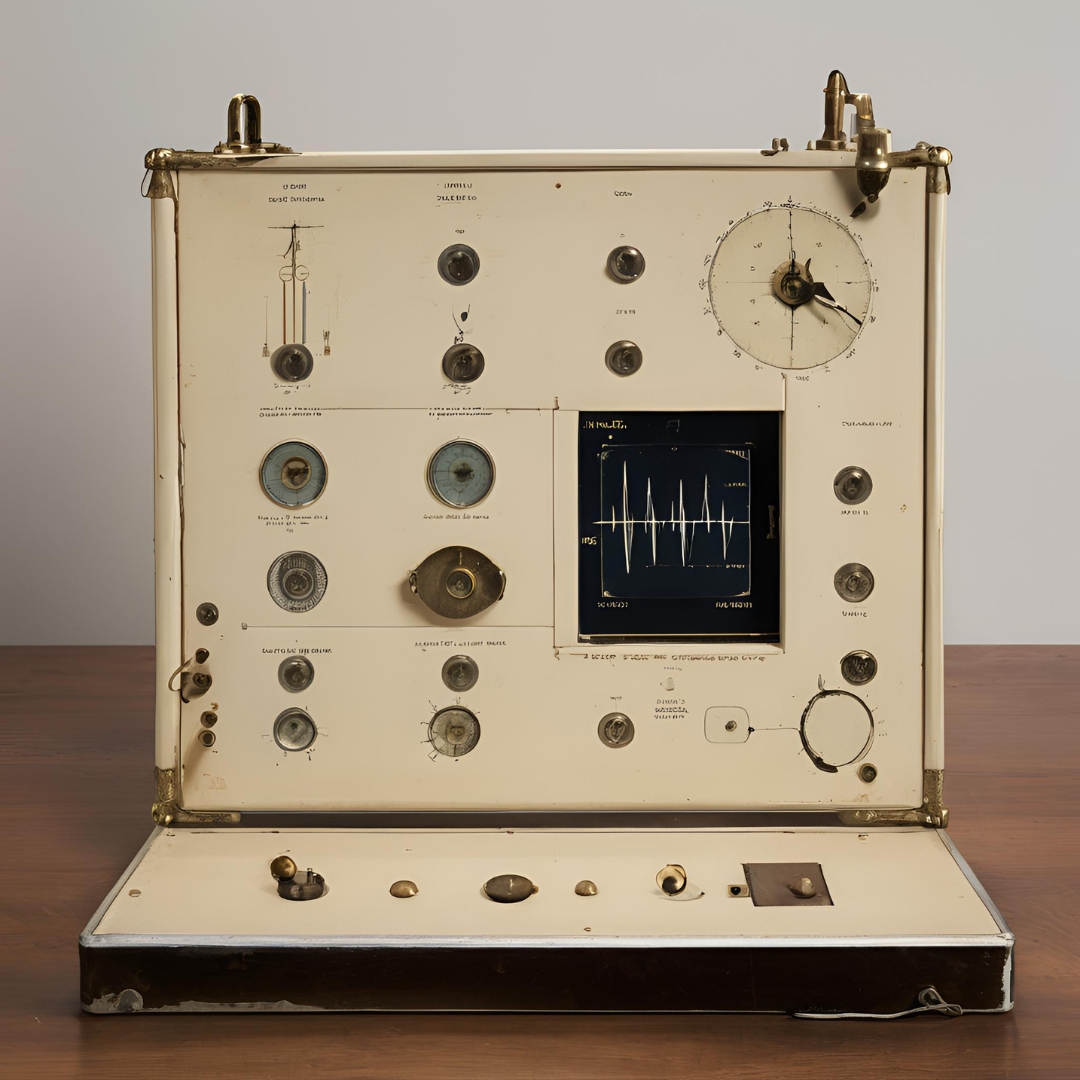Essential hospital equipment:
Setting up a hospital is no small feat, and ensuring it is well-equipped is crucial to providing quality healthcare. Whether you’re planning a large medical center or a smaller clinic, having the right instruments across all sections is essential. This guide outlines the basic equipment needed for various hospital departments, making it easier to plan and ensure no critical items are overlooked.
1. Emergency Room (ER) Essentials
The Emergency Room is where immediate care is provided, so it must be equipped to handle all types of emergencies.
- Defibrillators: To treat life-threatening cardiac arrhythmias.
- Ventilators: Support patients who cannot breathe on their own.
- Cardiac Monitors: Track heart activity.
- Oxygen Cylinders and Regulators: Provide life-saving oxygen.
- Laryngoscopes: Assist in intubation procedures.
- Suction Machines: Remove obstructions like blood or vomit.
- Stretcher Trolleys: Transport patients quickly and safely.
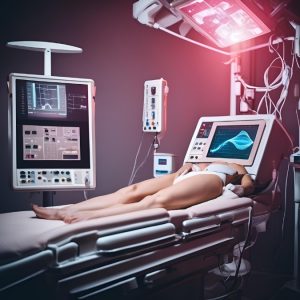
2. Operating Room (OR) Essentials
Operating Rooms are the heart of surgical care in a hospital, requiring precise and sterile instruments.
- Surgical Tables: Where surgeries are performed.
- Anesthesia Machines: Essential for patient sedation during surgery.
- Surgical Lights: Provide clear visibility for surgeons.
- Electrosurgical Units: Used to cut and coagulate tissue.
- Autoclaves: Sterilize surgical instruments.
- Surgical Instrument Sets: Include scalpels, forceps, and scissors.
3. Intensive Care Unit (ICU) Essentials
The ICU provides critical care for patients with life-threatening conditions, needing constant monitoring.
- Patient Monitors: Track vital signs like heart rate and blood pressure.
- Ventilators: Support breathing for critically ill patients.
- Infusion Pumps: Deliver fluids and medications accurately.
- Hemodialysis Machines: Assist patients with kidney failure.
- Central Monitoring Systems: Allow for the observation of multiple patients from one location.
4. Radiology Department Essentials
Radiology is crucial for diagnosing a wide range of conditions.
- X-ray Machines: Provide imaging for bone fractures and more.
- CT Scanners: Offer detailed cross-sectional images.
- MRI Machines: Produce detailed images of organs and tissues.
- Ultrasound Machines: Use sound waves for imaging soft tissues.
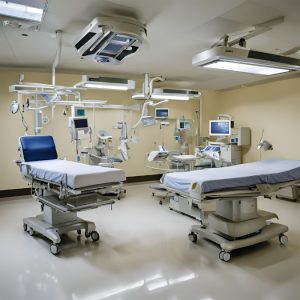
5. Laboratory Essentials
A well-equipped laboratory is vital for accurate diagnostics and research.
- Blood Analyzers: Test blood samples for various conditions.
- Microscopes: Allow for the examination of tiny organisms.
- Centrifuges: Separate components of blood and other fluids.
- Autoclaves: Sterilize lab equipment.
6. Maternity and Neonatal Unit Essentials
Specialized care for mothers and newborns requires specific equipment.
- Fetal Monitors: Track the baby’s heartbeat during labor.
- Infant Warmers: Keep newborns at the correct temperature.
- Incubators: Provide a controlled environment for premature babies.
- Delivery Beds: Designed for comfort and functionality during childbirth.
7. General Ward Essentials
General wards house patients recovering from surgery or illness, requiring basic yet essential equipment.
- Hospital Beds: Adjustable beds for patient comfort.
- Vital Signs Monitors: Track basic health indicators.
- IV Stands: Hold intravenous fluids and medications.
8. Pharmacy Essentials
The pharmacy is where medications are stored, prepared, and dispensed.
- Refrigerators: Store temperature-sensitive medications.
- Medicine Racks: Organize and store medications efficiently.
- Pill Counters: Ensure accurate dispensing.
9. Sterilization Unit Essentials
Sterilization is critical in preventing infections.
- Autoclaves: Sterilize surgical and lab instruments.
- Ultrasonic Cleaners: Remove debris from instruments.
- Sterile Storage Cabinets: Keep sterilized instruments ready for use.

10. Outpatient Department (OPD) Essentials
Outpatient care requires quick and efficient diagnostic tools.
- Examination Couches: Where patients are examined.
- Ophthalmoscopes: Used to examine eyes.
- Stethoscopes: Essential for listening to heart and lung sounds.
11. Dental Department Essentials
Dental care in a hospital setting requires specialized tools.
- Dental Chairs: Adjustable for patient comfort.
- X-ray Units: For dental imaging.
- Autoclaves: Ensure dental instruments are sterilized.
12. Physiotherapy Department Essentials
Physiotherapy helps patients recover mobility and strength.
- Treatment Tables: For patient exercises and treatments.
- Exercise Equipment: Includes treadmills and bikes.
- Electrotherapy Machines: Provide targeted therapy for pain relief.
13. Laundry and Housekeeping Essentials
Keeping a hospital clean and hygienic is vital for patient safety.
- Washing Machines: Clean linens and uniforms.
- Disinfection Equipment: Ensure a sterile environment.
- Waste Management Bins: Segregate and dispose of waste properly.
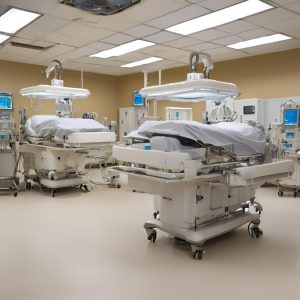
14. Administration Essentials
The administrative department ensures the hospital runs smoothly.
- Computers and Printers: For patient records and communication.
- Patient Management Software: Streamline operations and patient care.
- Security Systems: Keep the hospital secure.
15. Cafeteria and Kitchen Essentials
A hospital cafeteria provides meals for patients and staff.
- Industrial Kitchen Equipment: Ovens, refrigerators, and dishwashers.
- Food Storage Containers: Keep food fresh and safe.
16. Mortuary Essentials
The mortuary handles deceased patients with dignity and respect.
- Body Storage Refrigerators: Preserve bodies until they are claimed.
- Autopsy Tables: For post-mortem examinations.
Conclusion
Equipping a hospital with the right instruments across all sections is crucial for providing comprehensive care. From the Emergency Room to the Mortuary, each department plays a vital role in patient care. Ensuring that each area is fully equipped can save lives and improve outcomes for all patients. Whether you’re planning a small clinic or a large medical center, this list can serve as a foundational guide to building a well-equipped hospital.

